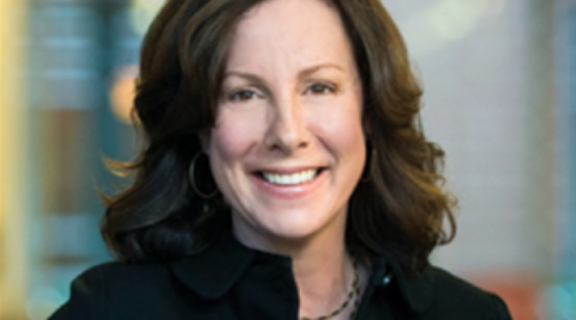
Broadening Participation in Computing by Opening New Pathways to the BS, MS and PhD.
Overview

Abstract:
For the last two decades professors, non-profits, philanthropists, NSF and other agencies have been working to broaden participation in computing (BPC) in higher-ed at all levels and some progress has been made, but often it is incremental and takes place in small pockets. To accelerate the rate of progress in diversifying computing nationally requires that we as a field understand and remove institutional barriers at every level of higher ed, and that we rethink the invitation to create systemic sustainable change.
Launched in 2019 with funding from Pivotal Ventures LLC, an investment and incubation company created by Melinda French Gates, the Center for Inclusive Computing (CIC) is working in partnership with colleges and universities across the country (including SFSU) to increase the representation of women – of all races and ethnicities – in computing. A key focus is to identify and remove institutional barriers and create new pathways to the BS, MS and PhD in computing. Much of what we are doing applies to other areas of STEM.
In her talk, Dr. Carla Brodley, the CIC’s Executive Director and former dean of Northeastern’s Khoury College of Computer Sciences, will explore the most common institutional barriers the CIC is seeing across its portfolio. She will discuss the concrete measures that can be taken to address barriers to retention and the need to open new pathways to computing, such as creating a BA in computing, making CS1 a general education requirement, handling the distribution of prior computing experience in the intro sequence, creating interdisciplinary BS/BA degrees, rethinking PhD admissions, and creating and scaling the MS in CS for non-computer science majors.
Bio:
Professor Carla E. Brodley is the dean of inclusive computing at Northeastern University, where she serves as the executive director for the Center for Inclusive Computing and holds a tenured appointment in Khoury College of Computer Sciences. Brodley served as dean of Khoury College from 2014-2021. Prior to joining Northeastern, she was a professor at the Department of Computer Science and the Clinical and Translational Science Institute at Tufts University (2004-2014). Before joining Tufts, she was on the faculty of the School of Electrical and Computer Engineering at Purdue University (1994-2004).
A fellow of the Association for Computing Machinery, the Association for the Advancement of Artificial Intelligence (AAAI), and the American Association for the Advancement of Science (AAAS), Brodley’s interdisciplinary machine learning research led to advances not only in computer science, but in many other fields including remote sensing, neuroscience, digital libraries, astrophysics, content-based image retrieval of medical images, computational biology, chemistry, evidence-based medicine, and predictive medicine. In 2022 she was the recipient of the ACM Francis E. Allen Award for Outstanding Mentoring.
Brodley’s leadership positions include serving as program co-chair of the International Conference on Machine Learning, co-chair of AAAI, and associate editor of the Journal of AI Research and the Journal of Machine Learning Research. She previously served on the Defense Science Study Group, the board of the International Machine Learning Society, the AAAI Council, the executive committee of the Northeast Big Data Hub, DARPA’s Information Science and Technology Board, and the NSF CISE advisory committee. Brodley is currently vice chair of the Board of Trustees of the Jackson Laboratory (JAX). She serves as a member the Computing Research Association Board of Directors, of the Mass Technology Leadership Council, of the International Advisory Board of the Quad Fellowships, and is a strategic advisor for Science for America.
